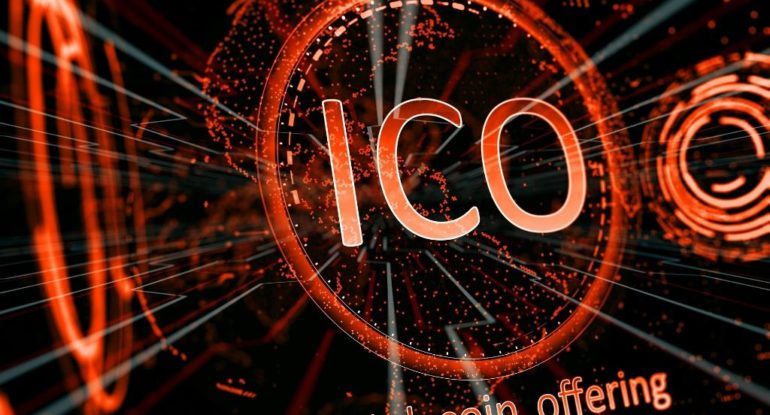How to spot good Initial Coin Offering (ICO)

The crypto market is full of turmoils, and the risks associated with investments swing the crypto sector now and then. Also, the potential of digital currency to disrupt financial and technological space is tremendous.
The speculators on the market are making fortunes thanks to the fluctuations in the prices of Bitcoin and altcoins. But many investors have made a fortune investing in Initial Coin Offerings. One of the greatest successes in ICO projects is the Ethereum project.
Before a token developers team makes an initial public offering (IPO), it must publish specific information. The company needs to tell potential investors the current value of the assets, precisely how much the project is bringing in, and sufficient understanding to make a smart choice as to whether to invest.
If you want to make sure the project is more than hype, here are some things to pay attention to.
First, take a look ICO calendar
In today’s circumstances, it may be challenging to spot another Ethereum ICO project. However, it’s always possible to recognize fraudulent schemes.
Also, read – Fortnite could beat Silicon Valley in the race to build the Metaverse
Naturally, no one will jump into the first ICO they stumble upon. Due diligence is the first step to make, especially looking at the ICO calendar that offers current and upcoming ICOs. Also, the calendar includes the stage of the project, start, and end date, and its goal.
Look for the product backed by the ICO.
Cryptocurrency is not meant to work in a vacuum. It is supposed to take over a product or service. There is no point in buying casino chips at a discount when no one is building the casino that uses them.
The same principle applies to a cryptocurrency. All cryptocurrencies are similar. They are all assembled on the blockchain. Some, such as Ripple, can be pre-mined, while some, such as Bitcoin, can have a group launch. Some, for example, Tether, could be tied to fiat currency, while most of the others will likely be allowed to float freely. Each of these parts has its particular use, and it is much easier to evaluate that use than to evaluate the characteristics of the part.
Ask yourself if you think there is a real need for the product that the coin supports. Consider whether you would use the coin-backed merchandise. Evaluate the product in the same way you evaluate a business looking for an investment and avoid parts that don’t fund a viable project.
The importance of white paper
When venture capitalists hear presentations from startup founders, the thing they’re always interested in is the white paper.
The white paper will be the closest you can get to a correct financial report. Since companies use ICOs at an earlier stage of funding compared to traditional companies that use IPOs, the white paper is unlikely to include much in terms of statistics and numbers. What you will get is just a description of that vision supporting the business. You are going to get an explanation of why the company needs cryptocurrency and what exactly they are trying to do with it.
Thinking about #SellingYourBusiness? Need a plan to maximise your business value but don’t know where to start? This #whitepaper explores the importance of developing an exit strategy, how to calculate your business value and more. #SME #BusinessAdvicehttps://t.co/SrzBu8BLGT pic.twitter.com/WFFCj5WXAN
— CMC Business Advisers (@CMCPartners) April 11, 2022
You will also get an idea of the professionalism of the supplier and the team behind the project. The founding team must be able to express their ideas clearly and accurately.
In 2018, TRON, one of the top 10 cryptocurrencies by market cap, was accused of plagiarizing its white paper. It was a bad sign if the company had to copy another company’s ideas to justify its existence.
As you watch the whitepaper, it is also wise to pay close attention to the biographies of the team involved in the project.



























































